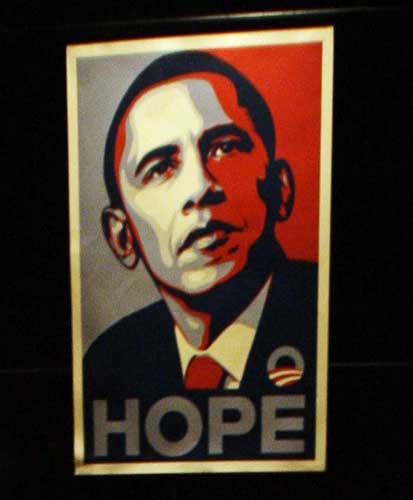Mary Dejevsky: Oxfam is there to help people – not to dabble in politics

The catastrophic conditions in the Gaza Strip, brought about by Israel's military action against rocket attacks from Hamas, have brought out some of the best in individuals and organisations – as extreme situations so often do.
Think of the volunteer doctor from Norway, so angry about the total inadequacy of everything in what he called the Shifa hospital "Hades", that he practically shouted his indignation into foreign microphones, and demanded that everyone who heard him do the same. His one voice surely contributed to Israel's decision to open up "humanitarian corridors" once a day to facilitate the distribution of food, fuel and medical help.
The doctor's appeal was raw; it brooked no argument and it resonated around the world. Subjected to a cold cost-benefit analysis, it must rank as one of the most efficient and effective appeals ever. Ethically, it was unimpeachable. Not so, to my mind at least, a full-page advert that appeared in the Financial Times this week, demanding "No ifs, No buts. The fighting in Gaza must stop", and calling for "nothing less than a total, unconditional ceasefire by all sides", with "the full weight, and complete commitment, of the international community".
The purpose, reinforced by a petition form on the sponsor's website for sympathisers to submit, was clear. So who was the sponsor? An anti-war party? A group of prosperous Palestinian exiles? A proxy for Hamas? Not at all. The £40,000 advert (more than double that, if it appeared in FT foreign editions as well) was paid for by that good old disaster charity, Oxfam. Note: Oxfam was not appealing for money to buy food or medical assistance – both of which we know to be in desperately short supply in Gaza – but for something that is, essentially, in the gift of politicians.
Yet think what could be done with £40,000. It could, to take just a few examples from elsewhere on the Oxfam website, pay for 20,000 adult literacy classes in Somalia, or a year's school fees for more than 300 orphans in Zambia. I imagine it could also fund quite a lot of anaesthesia, an enormous number of drip-feeds and syringes, and a veritable small town of emergency tents for the thousands of injured and dispossessed of Gaza.
How is it that a charity, such as Oxfam, whose purpose and image in the British public mind is so clearly defined as disaster relief, has gone down a route which is so political? You do not need to take one side or the other to contribute money that will pay for food, medicine or expertise. But what business is it of Oxfam's – really – whether and when the fighting stops?
Here, regrettably, we have another example of a successful British charity that, as it has grown, has managed to confuse fund-raising with lobbying. The results include lavish PR campaigns and an unhealthy preoccupation with oiling political wheels.
Nor is Oxfam is not alone. There are charities for disabled people which have taken it upon themselves to lobby for equal rights rather than, say, equipment that is hard to obtain on the NHS and would transform individual lives. Oxfam says that 80p of every £1 it receives goes on relief work and campaigning, with no distinction between the two. How I wish they would stick to the relief and development work that they, and only they, once knew how to do – and spend all of that 80p on the front line.
A portrait for our times
Want to bet on an image that will dethrone the Che Guevara poster from the ubiquity it has enjoyed since the Sixties? Try the portrait of US President-elect, Barack Obama (above).
The work of a Los Angeles-based street artist, Shepard Fairey, it was reproduced on every piece of election memorabilia and tat that anyone could think of. It was the closest many ordinary voters came to their hero.
Now, the original is about to be hung in Washington's National Portrait Gallery. While most US presidents have to wait until they are leaving office to see their picture on those august walls – George W Bush was no exception – Obama is expected to be on the wall in good time for his 20 January inauguration.
During the campaign, the word beneath the portrait was altered, first to "change", and then to "vote". Given the economic and other problems the new president will face, it was probably a wise move to revert to "Hope".
* Oh dear, oh dear. You feel almost sorry for the crippled wind turbine in Lincolnshire that locals cheerfully believe was struck by a UFO. What a humiliation for so proud an edifice! The giant turbines always remind me of the all-conquering extraterrestrials in the film of H.G. Wells's War of the Worlds. When you see a cluster, it is not hard to believe that they might leave their hill-top berths by night and stride malevolently over the countryside in search of prey. Whether it was a UFO that did it, or metal fatigue, or perhaps ice from a passing plane matters little. It shows that these outwardly commanding creatures are vulnerable after all.

Join our commenting forum
Join thought-provoking conversations, follow other Independent readers and see their replies